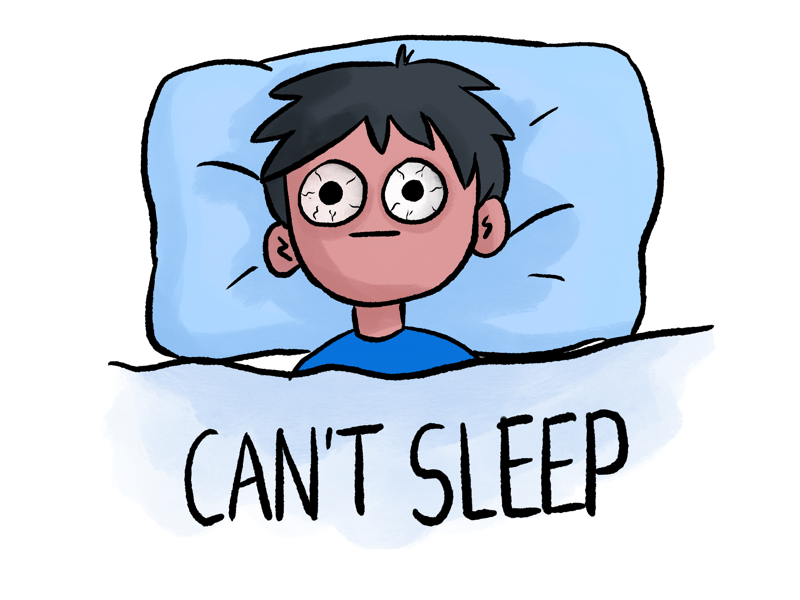
How better sleep can help your mental health
May 20, 2020 | by Matt Halfpenny
There’s a close relationship between sleep and mental health. Living with a mental health problem can affect how well you sleep, and poor sleep can have a negative impact on your mental health.
During lockdown many of us have found our sleep patterns, along with everything else, ripped up and redrawn.
Sleep is an essential and involuntary process, without which we cannot function effectively. It is as important to our bodies as eating, drinking and breathing, and is vital for maintaining good mental and physical health.
Sleeping helps to repair and restore our brains, not just our bodies. During sleep, we can process information, consolidate memories, and undergo a number of maintenance processes that help us to function during the daytime.
Mind, the mental health charity, have put together more information about how to cope with sleep problems.
This page covers some tips and ideas to help you get good sleep. Remember, you might need to try a few different things before you find what works for you:
- Establish a routine
- Relax before you go to bed
- Make sure where you sleep is comfortable
- Keep a sleep diary
- Try to resolve stresses and worries
- Give yourself some tech-free time
- Check for a physical cause
- Consider food, drink and exercise
- Consider your medication
- Ask about treatment and support options
To find out more visit the Mind website here.

















